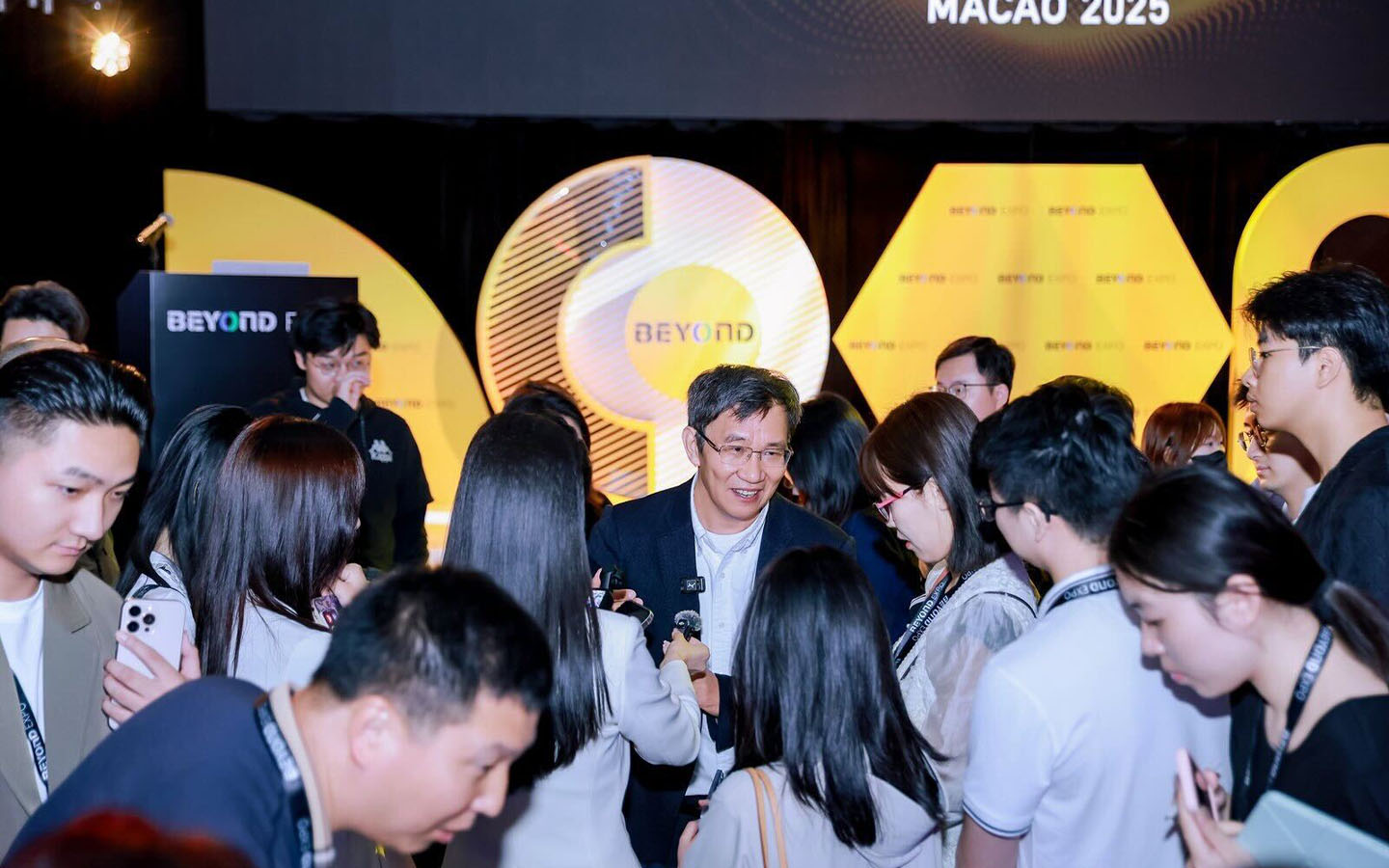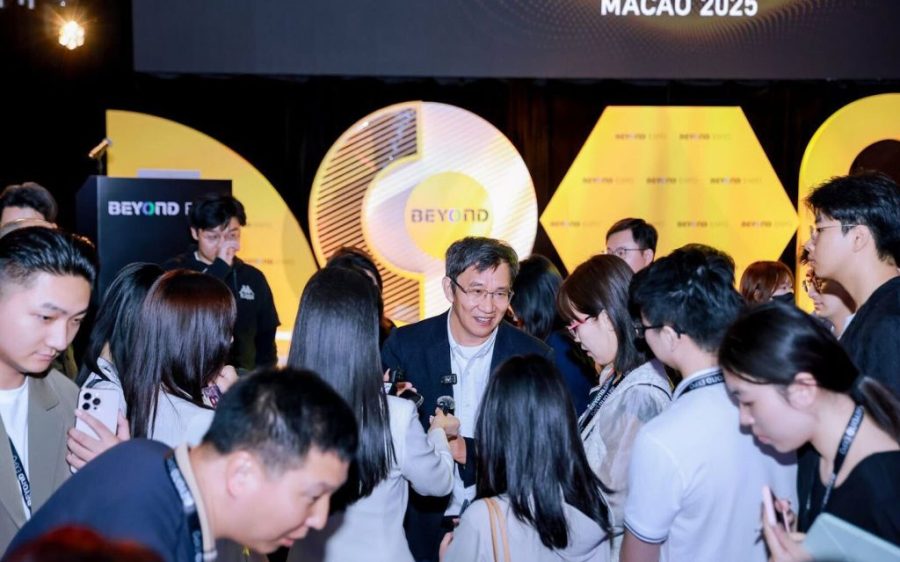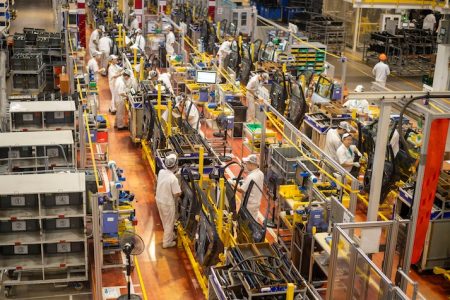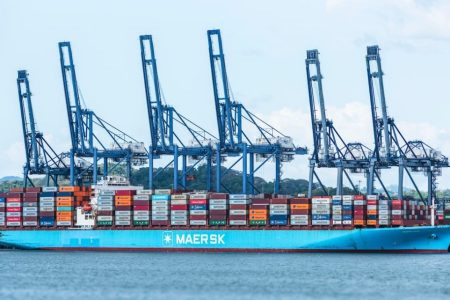Li Zexiang, a Chinese academic who is renowned for funding and nurturing some of China’s most successful tech start-ups, including drone manufacturer DJI, delivered a keynote speech this morning on the first day of Macao’s 2025 Beyond Expo.
Li, who is the founder of XbotPark, a Dongguan-based incubation platform for robotics and smart-hardware start-ups, began his address by discussing the initiative’s historic development and current situation.
Wang mentioned his initiation into Hong Kong University of Science and Technology’s 3126 Lab at the Shenzhen InnoX Academy in 1992, noting that he and his team were “very fortunate” to be able to take advantage of Shenzhen’s rapid technological development from the 1990s. He added that he founded his firm, Googol Tech, in the city, in 1999 and it had since become a key provider of semiconductors in China’s tech industry.
During the course of his career, Li had many opportunities to collaborate with students, encouraging them to kickstart their own firms. In 2014, he and his team put forward a plan for a student-centred entrepreneur platform to the mayor of Dongguan, Yuan Baocheng.
This culminated in XbotPark 1.0 (2014-2020), which helped to incubate over 60 tech start-ups, some of which have developed into well-known Chinese and international brands such as Ecoflow, Narwhal and Switchbot and HaiRbotics. Statistics shared by Li revealed that 15 percent of these firms managed to develop into unicorn companies, with the various start-ups reaching a cumulative value of over US$10 billion.
Meanwhile, XbotPark 2.0, the platform’s present model, which began in 2020, expanded beyond Dongguan, establishing bases in Ningbo and Changzhou as well as other Chinese cities such as Chongqing and Hong Kong, and then Shenzhen in 2021.
[See more: Beyond Expo 2025 has opened in Macao]
On building a company, Li said that it was important to identify the problem facing consumers, highlighting that researching the product’s application and defining it were also key elements in an entrepreneur’s repertoire.
In terms of XbotPark’s model, Li said that “it does not require graduates to have to work in a large company,” as there are various steps that allow them to gain the necessary experience through exhibitions, team internships, camps and on campus, before utilising the XboxPark platform.
To cultivate talent, XbotPark has been collaborating with Changzhou University’s CI Xbot School since 2018. Li’s platform has also been looking to nurture talents in younger age brackets, setting up a technology kindergarten that is designed for children between three and six years old.
When compared to similar overseas incubators such as Germany’s Fraunhofer, Li pointed out that XbotPark’s capacity is 5 to 50 times higher in comparison to its Western counterpart. Data that Li shared also revealed that XbotPark had 5 startup firms for every 1,000 candidates, in contrast to Fraunhofer, which had only 0.7 to 1 startups for every 1,000 staff members.
In terms of the period between 2014 and 2023, Li shared statistics that revealed XbotPark had helped to incubate over 85 tech hardware firms. In 2024 alone, XbotPark housed 40 companies, which had a cumulative revenue of 18.44 billion yuan.
Scheduled between 22 and 24 May, Beyond Expo 2025 aims to showcase the latest technology and innovations in the Asian tech industry, while also serving as a platform for the various stakeholders to engage in dialogue and exchange.






